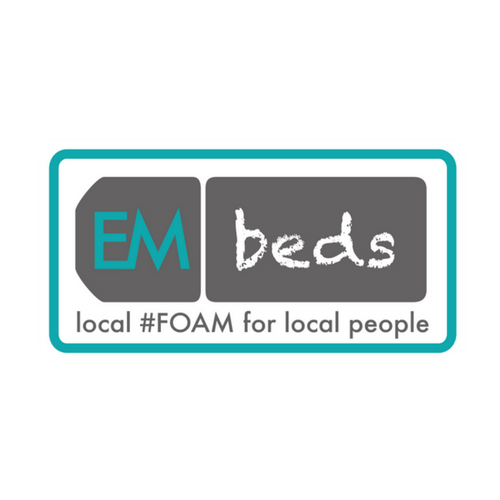Brief Resolved Unexplained Event (BRUE) is now the recommended term for ALTE (Apparent Life Threatening Event).
Definition:
BRUE is defined as an episode in an infant less than 12 months old characterized by:
- < 1 minute duration (typically 20-30s)
- Followed by return to baseline state
- Not explained by identifiable medical conditions
Includes one or more of the following:
- Central cyanosis/pallor
- Absent, decreased or irregular breathing
- Marked change in tone (hyper or hypotonia)
- Altered level of consciousness
Algorithm:

*** Always consider CHILD-PROTECTION concerns! ***
Investigations:
- Lower risk: no investigations required, however capillary blood glucose and urinalysis may be performed if clinical concern.
- Higher risk: discuss with senior doctor (ED Consultant/Senior/Paediatric Senior)
Consider: FBC, U&C, CRP, glucose, naso-pharyngeal aspirate, blood gas, ECG plus any further investigations felt appropriate based on clinical presentation; and referral to relevant guidelines.
Management:
By definition if patient requiring ongoing treatment, episode is NOT a BRUE. Lower risk patients do not routinely need admitted for cardio-respiratory monitoring.
Lower risk: Discharge home only if:
- Low clinical suspicion of serious underlying disorder.
- Parents reassured and happy to care for child at home. If not for discussion with paediatric team for period of inpatient observation. (Provide parents carers with education / advice on BRUE, including worsening clinical picture for representation.)
Lower risk does not mean NO risk: Considered for a period of observation if required.
Higher risk: Following discussion with ED Senior/Paediatric Senior, consider admission for observation, cardio-respiratory monitoring and further investigations as guided by presentation.
Resources
